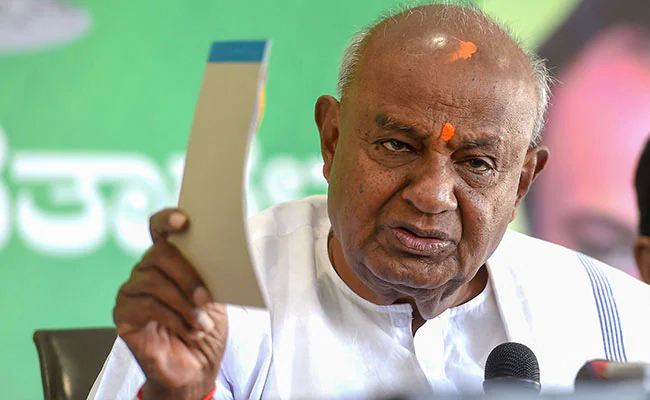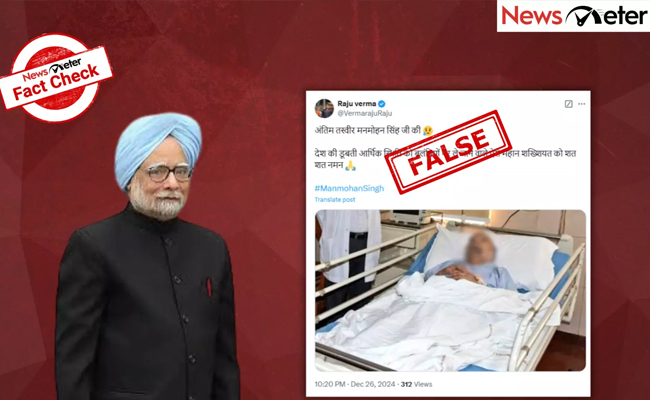Ahmedabad: Gujarat, under the continuous governance of the BJP since 1995, has not initiated the establishment of a single government medical college since then, as per information provided by the state government in the recent Assembly session. In contrast, four private medical colleges were granted permissions in 2023, raising questions about the government's commitment to public healthcare.
In response to queries from Congress MLA Amit Chavda, the government disclosed that six government medical colleges currently operate in the state, with the last one established in Bhavnagar in 1995. The lack of new government medical colleges since then has raised concerns about accessibility to healthcare education.
Furthermore, the government's reply indicated that no government medical colleges were approved in 2022 or 2023, while four private medical colleges received the green signal in the same period. This data underscores a potential disparity in the focus on private healthcare institutions over public ones.
Regarding nursing education, of the 508 new nursing schools and colleges established over two years, only one was initiated by the state government. The remaining 507 were private institutions. In 2023-24, out of 315 institutes established, only one, MSC Nursing Government College, was publicly owned.
Congress MLA Ganiben Thakor sought clarification on the establishment of public nursing schools, prompting the revelation of the predominantly private nature of these institutions.
Leader of the Opposition in the Gujarat Assembly, Amit Chavda, criticized the government's lack of initiative in establishing new government medical colleges, emphasizing the importance of affordable education for aspiring doctors. Chavda argued that the government's focus seemed directed towards affluent individuals and industrialists.
Health Minister Rushikesh Patel asserted the government's intention to establish a medical college in each district by 2027, with plans to increase the number of medical seats at undergraduate and postgraduate levels to 12,200.
The New Indian Express reported on the revelations from the Assembly session, highlighting the disparities in the establishment of government and private medical institutions in the state. The debate over the BJP government's claims regarding AIIMS establishments across the country was also referenced, raising concerns about incomplete infrastructure being declared as fully operational.
Across the country, as the country gears up for the general elections due in a few weeks, the BJP government has amped up its publicity but there has been a sharp debate on exactly how many public medical institutions, especially AIIMS, the BJP government has been claiming it has set up. Five were inaugurated by PM Modi across India, but there are questions about how ‘new’ they are and of multiple inaugurations they have seen. The Wire has also reported last year on partially constructed AIIMS being declared as complete institutes.
Let the Truth be known. If you read VB and like VB, please be a VB Supporter and Help us deliver the Truth to one and all.
Bengaluru (PTI): Terming former Prime Minister Manmohan Singh's death a "great loss" for the nation, JDS supremo H D Deve Gowda on Friday credited him with "saving the country" from an economic crisis and preventing it from falling into a "debt trap".
The former Prime Minister described Singh as a simple, honest, and gentlemanly figure. Manmohan Singh, the architect of India's economic reforms, passed away in New Delhi on Thursday night at the age of 92.
Manmohan Singh served as the Finance Minister in the Narasimha Rao government in 1991, during one of the most critical economic periods in the country's history. He took on the responsibility and did his utmost to save the nation from the economic crises, Gowda said.
Speaking to reporters, he said otherwise, the country would have fallen into a debt trap. "Such was the severity of the situation. To address this, the Narasimha Rao government with Singh as the Finance Minister made the decision to pledge 130 tonnes of gold."
Singh then introduced economic reforms such as liberalisation, privatisation, and foreign direct investment, Gowda said, adding that all these initiatives were implemented by him as Finance Minister under Prime Minister Narasimha Rao.
Manmohan Singh was a distinguished economist who worked at the World Bank, served as the Reserve Bank Governor, and acted as an advisor to the Government of India. With his vast experience, he went on to serve the nation for ten years as Prime Minister. His death is a great loss to the nation, he added.





